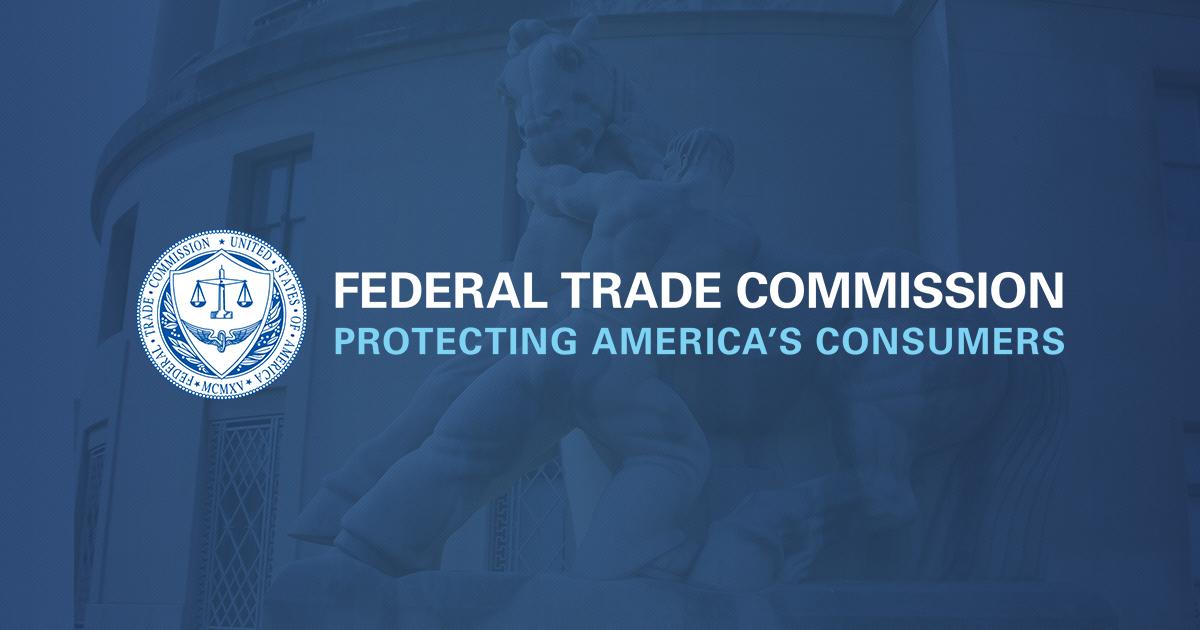The Federal Trade Commission has refiled a complaint and filed a proposed stipulated order in federal court to resolve charges that Endo Pharmaceuticals Inc. and Endo International plc violated the antitrust laws by using pay-for-delay settlements to block consumers’ access to lower-cost generic versions of its two top-selling branded drugs, Lidoderm and Opana ER, in order to preserve its monopoly profits. Lidoderm is a topical patch used to relieve pain associated with a complication of shingles known as post-herpetic neuralgia, and Opana ER is an extended-release opioid used to relieve moderate to severe pain.
In a related matter, the FTC refiled charges against Watson Laboratories, Inc., and its former parent, Allergan plc, for illegally blocking a lower-cost generic version of Lidoderm when it entered into a pay-for-delay agreement with Endo. The agency also issued an administrative complaint against Impax Laboratories, Inc. for engaging in similar conduct with regard to Opana ER.
The new federal court and administrative actions revive the FTC’s charges, originally filed in March 2016 as a single action in federal court in Philadelphia, that Endo and certain generic companies were parties to Lidoderm and Opana ER reverse-payment settlements designed to eliminate generic competition. The FTC voluntarily dismissed its complaint in November 2016 after the court granted the defendants’ severance motion.
The proposed Endo order prohibits Endo and its subsidiaries from entering into the type of anticompetitive patent settlements that the FTC charged Endo used to eliminate the risk of generic competition, including its use of no-authorized generic, or “no-AG,” commitments, in which a brand company agrees not to compete with an authorized generic version of a drug for a period of time. Because Endo is now prohibited by Commission order from entering into pay-for-delay settlements, the order also releases Endo from liability for its use of reverse-payment settlement agreements concerning the branded drug AndroGel.
The FTC’s complaint against Watson Laboratories and Allergan alleges, among other things, that Watson, which was the first to file for FDA approval to market a generic Lidoderm patch, and its parent company agreed with Endo to eliminate the risk of generic competition for Lidoderm in exchange for a share of Endo’s extended monopoly profits in violation of the FTC Act. In the new complaint, the FTC is seeking an order permanently barring the defendants from engaging in similar anticompetitive behavior in the future and disgorgement of the defendants’ ill-gotten gains.
The FTC also filed an administrative complaint against Impax, charging that in 2010, Impax and Endo illegally agreed that Impax would not compete by marketing a generic version of Endo’s Opana ER until January 2013. In exchange, Endo paid Impax more than $112 million.
The Commission votes to file the administrative complaint against Impax and to accept the Endo settlement were 3-0, and the Commission vote to file the complaint against the Watson and Allergan entities was 2-1 with Commissioner Ohlhausen dissenting. The FTC filed the Endo complaint and proposed settlement, and the complaint against Watson Laboratories, Inc., Allergan Finance LLC, and Allergan plc in the U.S. District Court for the Northern District of California. The administrative complaint against Impax was filed before the Commission and the administrative trial is scheduled to begin on September 19, 2017.
NOTE: The Commission files a complaint when it has “reason to believe” that the law has been or is being violated and it appears to the Commission that a proceeding is in the public interest. The cases will be decided by the respective adjudicating bodies.
The Federal Trade Commission works to promote competition and protect and educate consumers. You can learn more about how competition benefits consumers or file an antitrust complaint. Like the FTC on Facebook, follow us on Twitter, read our blogs and subscribe to press releases for the latest FTC news and resources.

